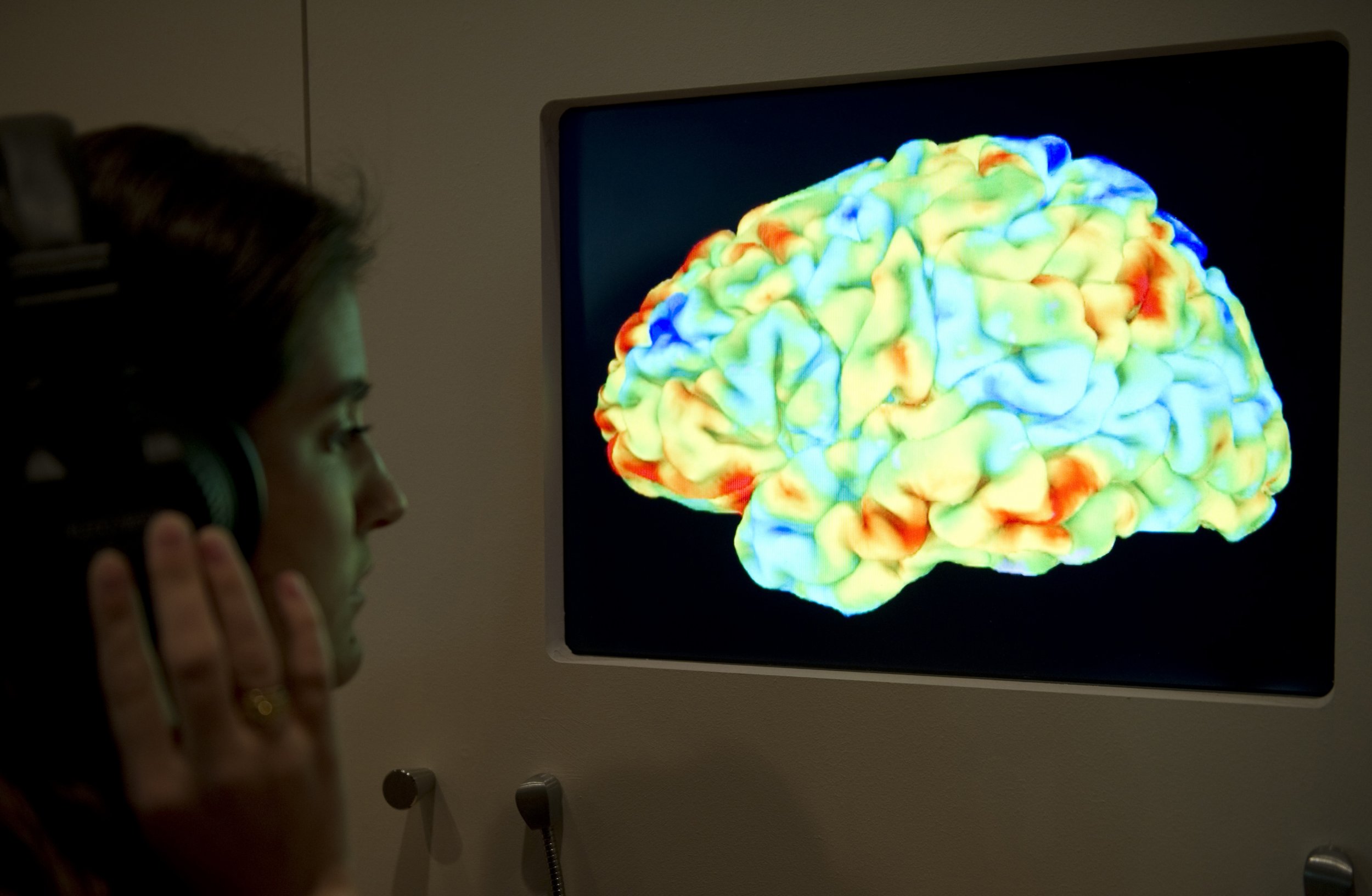
As with most diseases, early detection of Alzheimer's is important even with the current lack of treatment options. According to the Alzheimer's Association, families that have more time can better deal with the legal, financial and caregiving aspects that accompany a diagnosis. Plus, health care costs could be reduced, as families may be able to prolong the amount of time before a loved one requires the additional support of a nursing home.
Related: Alzheimer's: How extra virgin olive oil prevents brain plaques and preserves memory
Early detection could soon get a big boost, as researchers from the University of Bari in Italy may have found a way to detect brain changes resulting from Alzheimer's years before doctors can offer official diagnoses, reports the New Scientist. Using MRI scans from 67 cases of patients (38 who had Alzheimer's and 29 who were healthy), the team developed an algorithm to identify differences between brains with Alzheimer's and those free of the disease.
Then, the team tested its algorithm by comparing the brains of healthy patients with those who have Alzheimer's disease or mild cognitive impairment (MCI). The subjects with MCI did eventually develop Alzheimer's, though this is not necessarily the natural progression. There is a usual dip in cognition that comes with age, and it is more advanced for those with MCI—though people can maintain their current mental state or even improve. However, MCI is thought to increase the risk of Alzheimer's.
The researchers were able to spot an Alzheimer's brain with 86 percent accuracy, and they were also able to identify brains affected by MCI when compared to healthy brains.
Alzheimer's wreaks havoc on the mind, causing clusters of protein fragments, known as plaques, to accumulate between nerve cells. Another telltale sign is dead nerve cells called tangles, also composed of proteins. Current technologies can detect both, but they're hardly accessible for mainstream use. That is why the new algorithm is exciting, study co-author Marianna La Rocca explained to the New Scientist.
"Nowadays, cerebrospinal fluid analyses and brain imaging using radioactive tracers can tell us to what extent the brain is covered with plaques and tangles, and are able to predict relatively accurately who is at high risk of developing Alzheimer's 10 years later," said La Rocca. "However, these methods are very invasive, expensive and only available at highly specialised centres."
The Alzheimer's Association estimates that by 2050, 16 million Americans may be diagnosed with the disease. Alzheimer's-related deaths have increased by 89 percent over the past 17 years, and it is now the sixth-leading cause of death in the country. In fact, the organization says it's responsible for more deaths than prostate and breast cancers. Early detection is currently the top priority for scientists involved with Alzheimer's research.
Uncommon Knowledge
Newsweek is committed to challenging conventional wisdom and finding connections in the search for common ground.
Newsweek is committed to challenging conventional wisdom and finding connections in the search for common ground.
About the writer
Melissa is a science writer covering health for Newsweek and has contributed to Inc., Dr. Oz The Good Life, Men's Fitness, Marie Claire and others. She earned ... Read more
To read how Newsweek uses AI as a newsroom tool, Click here.








